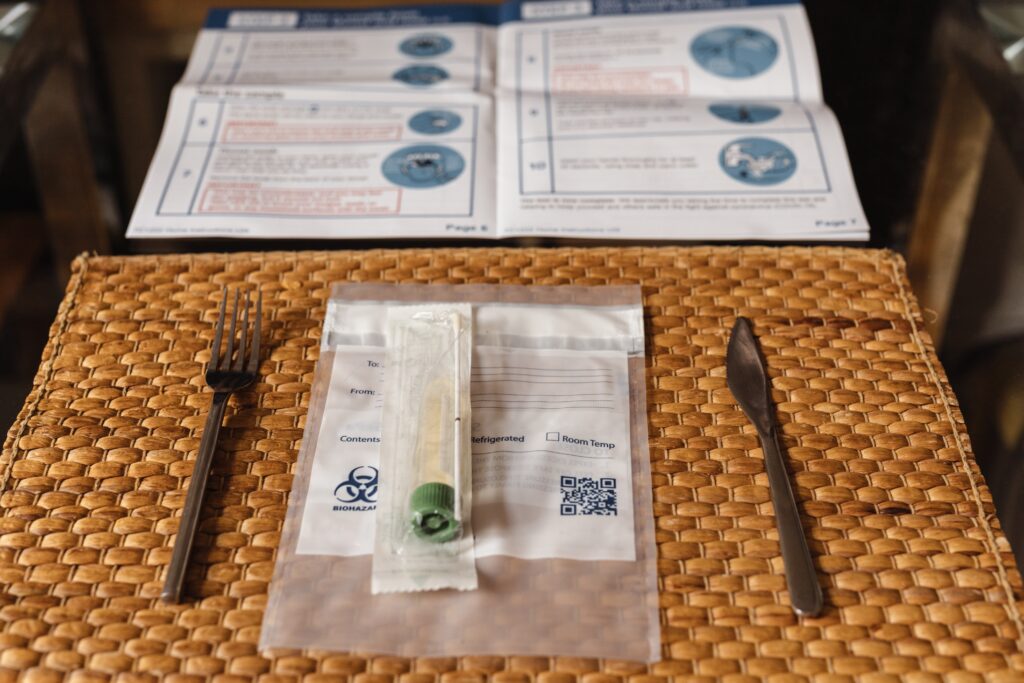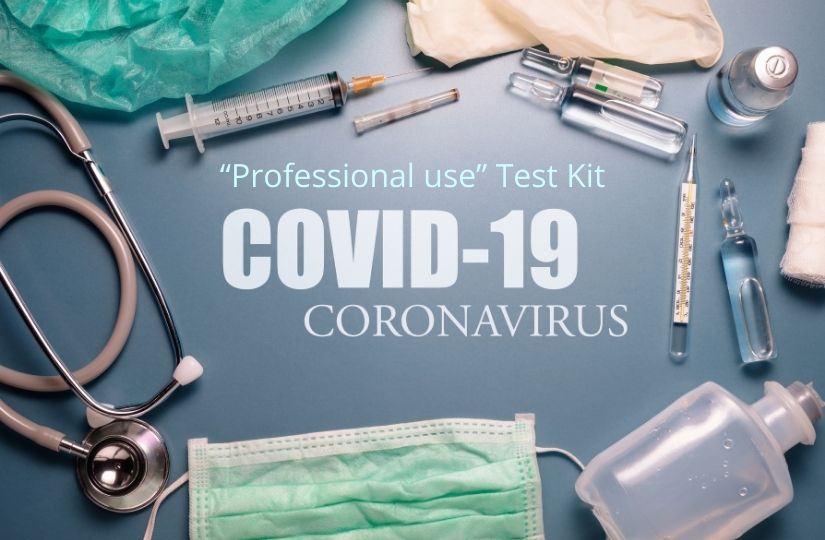“Professional use” Test Kit – Procedure for registration in UK
Novel Corona Virus Disease 2019 (COVID-19) is a different variety of disease that has never been seen in humans before, impacting being a pandemic, and affecting the world since the year 2020.
One of the most difficult aspects of coronavirus is the ambiguity of not knowing who has been infected or whether it is safe to resume normal activities. Testing of high quality might assist provide assurance.
However, no good thing in the world has ever been without challenges. Accuracy and reliability of the tests, getting the right supply of people, lab space, equipment and chemicals, and logistics has proven to be the major hurdles in the testing procedures.
Nevertheless, governments across the globe are striving to cope up with these challenges for bettering the lives of the masses.
Out of a variety of Tests available in the UK Market, a Professional use test kit, as the name suggests, is intended to be used by the professionals.
By professionals, it means the kits to be used by personnel who have obtained specialized training and education in processes involving in-vitro diagnostic medical equipment, such as laboratory personnel, trained clinicians, and qualified healthcare professionals.
This kit must be UKCA, or CE marked, and must be categorized as general IVD as per the amended UK MDR 2002. If the manufacturer of a professional use COVID-19 test expects the test kit to be used in an assisted or supervised testing condition, the IFU should state so, and there should be documentation of performance statistics to back up this claim.
Talking about the test kit regulations as per UK’s Ministry of Health – Medicines and Health products Regulatory Agency (MHRA), no antigen or molecular detection COVID-19 (SARS-CoV-2) test may be placed on the UK market without first being verified against minimal performance standards through a Coronavirus Test Device Approvals (CTDA) desktop evaluation, according to regulation 34A of the Medical Devices Regulations 2002.
Manufacturers or distributors supplying COVID-19 test kits must apply to the Department of Health and Social Care (DHSC) for approval and their product must meet The Medical Devices (Coronavirus Test Device Approvals) Regulations 2021.
The MHRA will not accept registration applications for covid test devices until they have obtained CTDA approval or have been placed on the Temporary Protocol list.
If the manufacturer believe equipment is exempt from the CTDA Regulations 2021 and want to register it with the MHRA, manufacturer will most likely be contacted to explain the exemption applicable in the regulations before the MHRA registration application is accepted.

Steps for applying to CTDA approval
Step 1: Submitting the application
Make sure to provide the below data properly:
- Manufacturer and product information
- Regulatory status
- Product performance
- Biosafety
- Supplementary documents (for example: current version of the instructions for use, biosafety documents, evidence of performance characteristic)
Step 2: Desktop Review
It is the assessment of the evidence submitted by a supplier against a minimum required data set.
This stage prohibits products to reach the market that do not meet the expected criteria from the CTDA Regulations 2021.
The main areas of assessment are below:
- Manufacturer and test information
- Regulatory status
- Intended use case
- Product performance
- Biosafety
(Note: If you require a complete checklist of the above areas of assessment, mail to [email protected])
DHSC generally produces the results within 20 working days, but can take longer depending on the availability, and applications volume. If DHSC contacts for more information, it must be responded in 20 working days, else the application might be rejected.
For the approval, it is mandatory to pay the fees, depending on the size of the company applying for validation. The price for desktop review is £6,200 if the company has no more than 250 individuals in total. Otherwise, the cost is £14,000.
DHSC only publishes details of tests that have passed, showing:
- Indicative performance category
- Name of the test
- Name of the manufacturer and business address
- Name and business address of person who made application (if different to the manufacturer)
- Date and version for instructions of use
- Type of test
- Date of approval
- CE certification number
- Country of manufacture
- Sample type
If the application is unsuccessful, a request to DHSC for reconsidering its decision can be made using the web form in the service.
